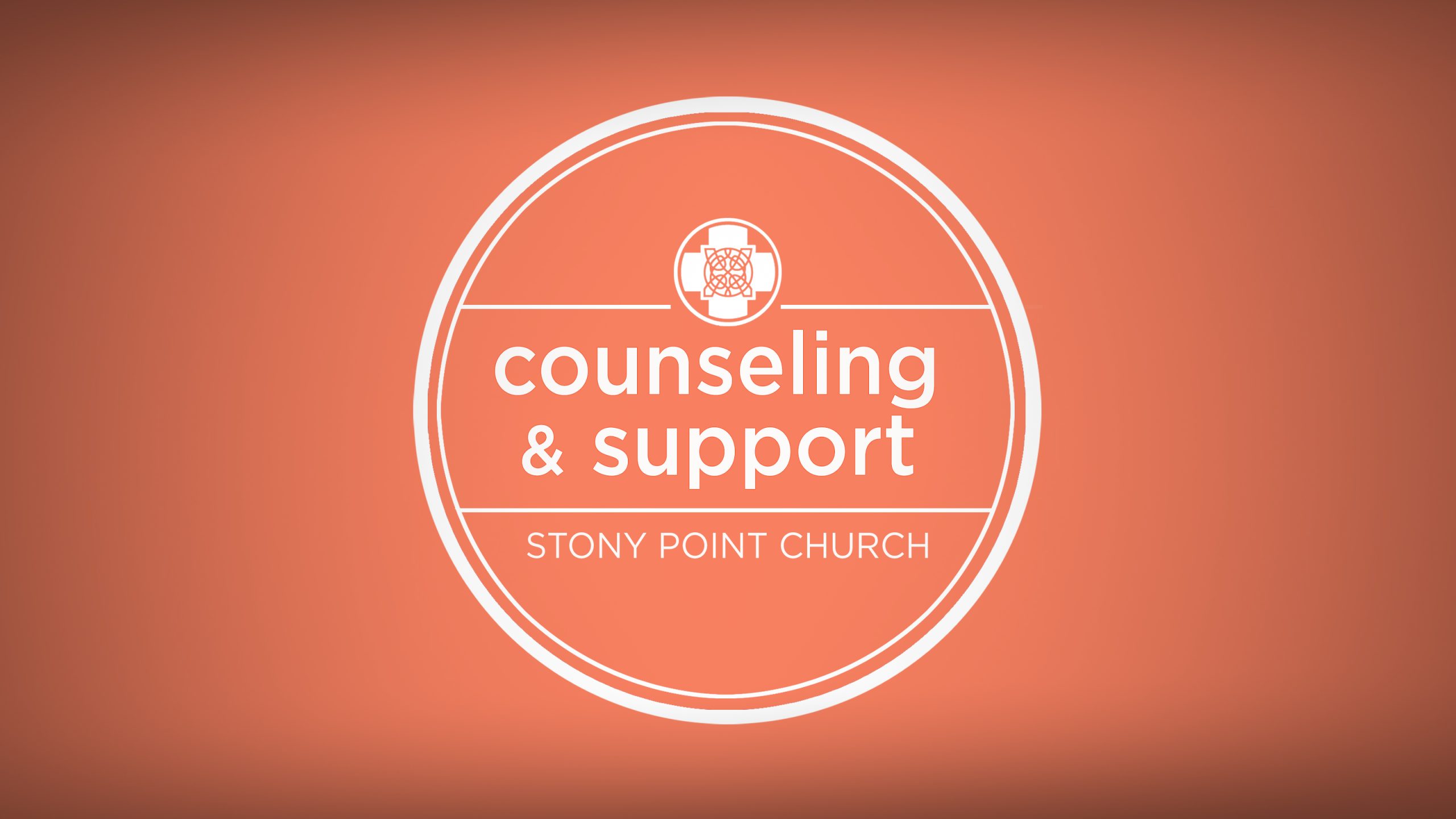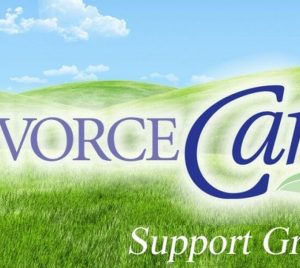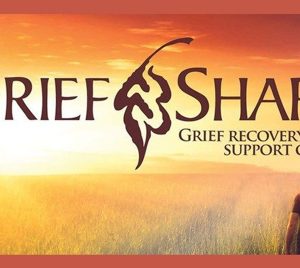
Galatians 6:2
Bear one another’s burdens, and so fulfill the law of Christ.
Support Groups
Support groups provide a warm, caring and confidential environment where heart issues can be shared and explored. They are an oasis where biblical concepts provide the foundation for healing.
Our next DivorceCare and GriefShare groups will be starting in the fall on Monday evenings. In the meantime feel free to reach out to fran@stonypointchurch.org with any questions or opportunities to get connected with other groups in the area.
August 2025
SPC Fall Ministry Fair
September 2025
Support Group | DivorceCareWeekly
Support Group | GriefShareWeekly
Marriage Mentors
The purpose of Marriage Mentors is to lovingly invest in the growth and nurturing of lifelong marriages through Marriage Mentor couples walking alongside less experienced couples within the SPC community. Our Marriage Mentor couples have been trained utilizing the materials from Les and Leslie Parrott, The Complete Guide to Marriage Mentoring: Connecting Couples to Build Better Marriages. Marriage Mentors is for every couple that wants to improve their marriage! It is a laid-back, low-key approach to learning from a more experienced couple who has navigated trials and challenges in their own marriage. If interested contact Fran Holdsworth. Learn more by watching the video below!
Behind Closed Doors
Behind Closed Doors is a support group that offers the hope and power of the gospel to women who have experienced emotionally destructive relationships with men. It provides ongoing support for women who are currently in relationships and marriages or recently separated or divorced. While it is not designed to take the place of formal counseling, it does provide a safe and empathetic place to share, encourage, offer hope, and find other resources when they are needed.
Contact: spcbehindcloseddoors@gmail.com
Meeting schedule: currently meets twice a month
Lay Counseling
Lay Counseling is one-on-one counseling in a non-clinical environment. Volunteer leaders and staff are trained and taught the principles of counseling in order to offer loving care towards others. The goal of our counseling is to promote Christian maturity through developing a deeper relationship with God. During the intake we will assess your needs and refer you to a lay counselor or to one of our counseling partners. For more information, email Fran Holdsworth.
- Providing a healthy mental framework for processing life situations
- Helping to improve relationships with others
- Facilitating behavior change
- Helping to develop healthy coping mechanisms
- Providing guidance on important decisions
When people are facing difficult situations—depression, anxiety, a failing marriage, grief or loss, infertility, sexual addiction, substance abuse, domestic violence, family discord, broken relationships, job loss, sickness, cancer, child rearing, and other challenges and crises—they need a network of support from both clinical professionals, the church, and the broader community. A lay counselor program plays an integral role in weaving together the comprehensive support system and providing a safe space for people to bear one another’s burdens in a biblical, loving way.
What Can I Expect in a Lay Counseling Session
With lay counseling the first few sessions should be dedicated to discussing and aligning on the goal of counseling—in other words—what does the client hope to gain from meeting with a trained lay counselor? As counseling is a collaborative effort between both the lay counselor and the client, goal setting will serve as a guide for the ongoing communication through therapy.
Mentoring
Our Lay Counseling Team is also available to mentor as well as counsel. If your need is more about going deeper in your walk with the Lord, a lay counselor can come alongside as a spiritual mentor helping you apply Biblical principles to your life. If your need is to work through some challenges and struggles that are keeping you from connecting well with the Lord and others, Lay Counseling can help. For couples we have counseling as well as our Marriage Mentor program.
Here is an article by Melissa Krueger you can check out about mentor relationships, https://www.thegospelcoalition.org/article/reasons-yes-mentoring/ excerpts are taken from her book, “Growing Together, Taking Mentoring Beyond Small Talk and Prayer Requests.” (SPC women read this in a summer study).
Suicide Awareness at SPC
Anxiety and Depression are not respecters of persons. Their ultimate end, left untreated, can result in suicidal thoughts and possibly suicide. According to the National Alliance on Mental Illness, suicide is the second leading cause of death among people between the ages of 10 and 34. One in five adults experience mental illness each year. At SPC, we are working to demonstrate the love of Christ as we help those within our church and community who deal with depression, anxiety, self-harm, addiction and suicidal thoughts.
The twelve suicide warning signs are (according to cdc.gov):
- feeling like a burden,
- being isolated,
- increased anxiety,
- feeling trapped or in unbearable pain,
- increased substance use,
- looking for a way to access lethal means,
- increased anger or rage,
- extreme mood swings,
- expressing hopelessness,
- sleeping too little or too much,
- talking or posting about wanting to die, &
- making plans for suicide.
WHAT YOU CAN DO TO HELP
Ask the people around you who are exhibiting one or more of these signs how they are feeling and if they are contemplating suicide. Studies have shown that asking at risk individuals if they are suicidal doesn’t increase the risk of suicidal thoughts or actual suicide. Keep them safe and find out if they have a specific plan. If you can, remove firearms and medications from their reach. Be there and offer support. Help them connect and follow up. Visit BeThe1To.com for more information. Contact Fran Holdsworth for counseling and referrals.
The Lifeline is 988.



